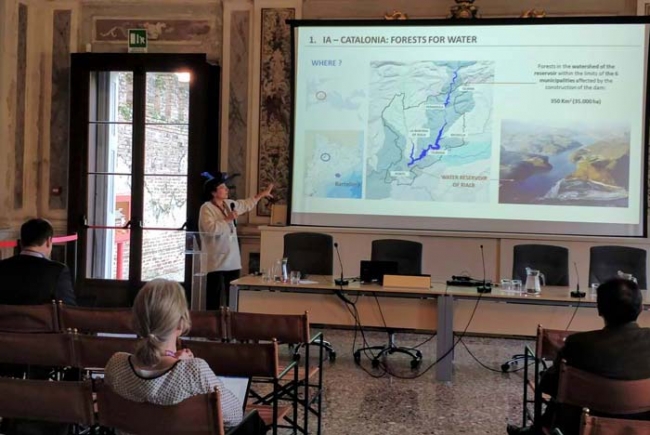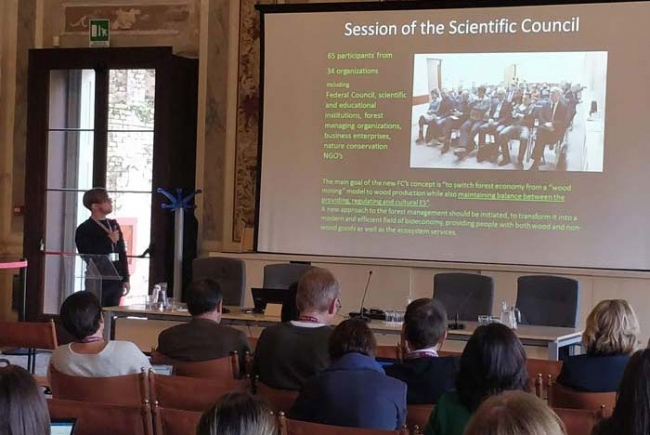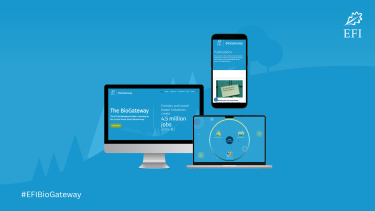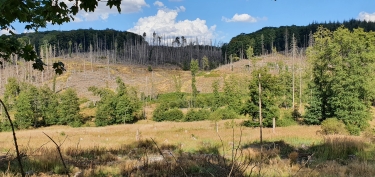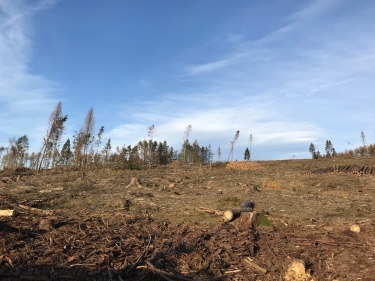Progress, plans and potential impact at SINCERE project halfway point
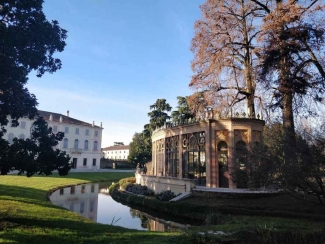
Several case studies in the SINCERE project are now fully functioning with exciting impacts at local, regional and national scales. The H2020 project’s eleven innovation actions case studies presented progress on their actions to support forests’ provision of benefits to surrounding society at the project’s recent General Assembly which marked the halfway point in this four-year EC-funded project.
Innovation action coordinators from the cases, which span Europe from Finland to the Mediterranean, as well as cases in Peru and Russia, could already describe significant achievements in their innovation mechanisms for forest ecosystem services.
- Poplar farmers are setting aside 10% of their forest for biodiversity protection in return for gaining FSC status for their plantation in Italy’s Ecopay Connect scheme.
- The Russian case to support forest renters to provide multiple ecosystem services rather than one single service is likely to become part of the new Forest Code, under revision by the Scientific Council.
- Reverse auction mechanisms are ready for bidding in Denmark and Belgium. The Danish case supporting biodiversity protection already has an online bidding process, while in Flanders they hope that their instrument for habitat restoration and wild boar buffers can become policy.
- A successful “selfie with mushrooms” page is drawing crowds to the CCP website, one of the developments from the innovation action in Borgotaro, Italy, which works on commercialising recreational permits for wild mushroom collection.
- Funeral forests are not new in Switzerland but involving forest owners to provide this service is! The Swiss case is working with forest owners and using CANVA to help with replication.
Case study coordinators all reflected on their work to date, before focussing attention on where they want to be in one year whilst considering which aspects of their mechanism might be ripe for replication.
- The Catalan case study is working towards including forest management in an urbanistic master plan for the Rialb reservoir and establishing a water fund to support forest management to provide water-related ecosystem services.
- In the Peruvian case, a city tax compensates upstream farmers and forest owners to manage forest to improve quality and quantity of Cusco’s water with the Innovation Action playing a mediating role between down and upstream partners.
- The Croatian case focuses on protecting a city Nature Park for health via voluntary payments with donation boxes and concession permits and are now looking to engage small plot owners in managing the forest.
All cases reported on the involvement of local stakeholders in designing the innovation action in each region, with several describing how stakeholder suggestions helped shape their action in a different direction to that first contemplated.
- In the Basque case, stakeholder meetings have been vital for selecting the focus for a regulatory tool to value ecosystem services for water and landscape
- In Kuusamo, Finland, the anticipated Payment for Ecosystem Services (PES) scheme to protect forest for recreation and tourism gained many more issues through stakeholder consultation.
Reflection on the stakeholder engagement process was one of the topics for a plenary working session which explored the challenges and opportunities of multi-actor group (MAG) involvement. Another critical point for the case studies is the self-assessment exercise which will support them to determine for themselves how to ensure their action is sustainable beyond the end of the project. Then collective thoughts turned to the work to be done to ensure innovation actions pitch the right note to the business community, including approach and language.
Two SINCERE Ambassadors, external experts in topics relevant for forest ecosystem services, joined the project consortium for the duration of the meeting. Environmental consultant, Pernille Holtedahl shared insights on engagement with private and financial sectors to support ecosystem services, while Shingo Shibata of Sophia University gave a glimpse from Japan where a narrow definition of forestry is being replaced by a forest service industry, an concept that generated much interest among the SINCERE consortium.
The SINCERE General Assembly was held in the grounds of the gorgeous Villa Bolasco, managed by consortium partner University of Padova. Inspired by the frescos of the Villa’s grand ballroom and with views out to beautiful “English” gardens, consortium partners set enthusiastically to the challenge of two intense days of work to reflect on two years of the project so far and contemplate the next two years to come.
It was clear from the meeting that societal decision making is important. While the innovation action cases continue in their implementation phase, crucial next steps for the project involve synthesising the work and research carried out so far. Lessons learned, processes implemented, insights into what works for PES must now be converted into reports and results that will be useful for key stakeholders in policy, business, research and practice and indeed, for the wider society, who are fundamental to how this project is developing and who have so much to benefit from the services our forests provide.
About SINCERE
Spurring INnovations for forest eCosystem sERvices in Europe (SINCERE) is a four-year project funded through the European Commission’s Horizon 2020 programme. From 2018 to 2022, SINCERE will develop novel policies and new business models by connecting knowledge and expertise from practice, science and policy, across Europe and beyond. This project has received funding from the European Union’s Horizon 2020 research and innovation programme under grant agreement No 773702.
